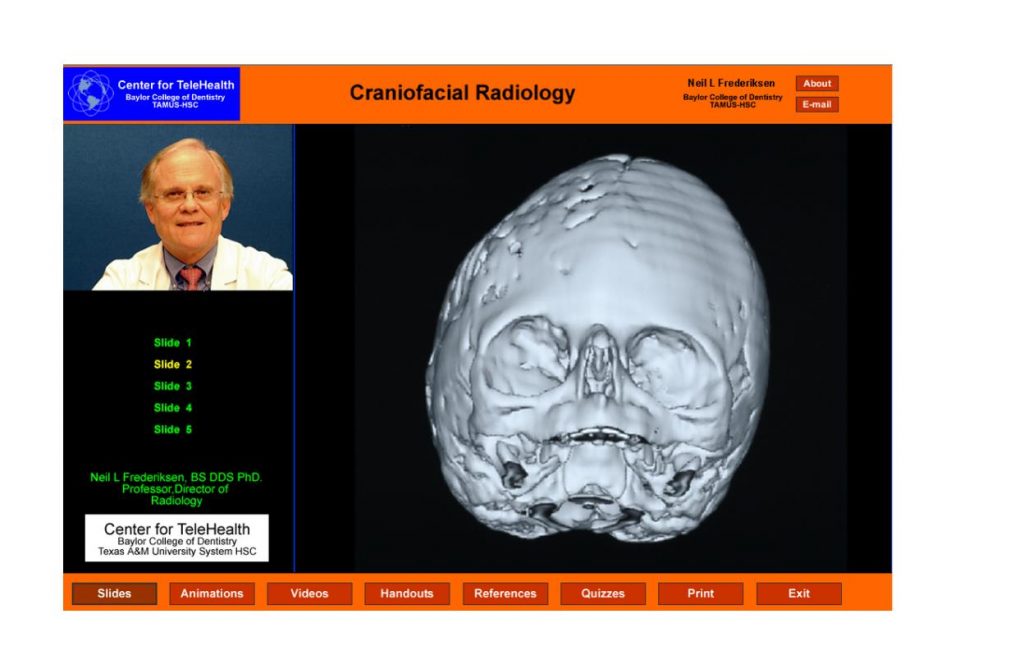Above image was recorded at a historic online presentation in 1999.
“The current challenges facing traditional colleges and universities — including higher tuition, budget cuts, and course shortages cause many students to search for alternatives. With nearly three million students currently enrolled in fully online programs and six million taking at least one online course as part of their degree, online education has clearly become one of the most popular higher education alternatives. The continually improving reputation of online learning helped fuel its expansion, as initial skepticism faltered in the face of evidence showing that online learning can be just as effective as face-to-face education. All of this means that students, from working professionals to recent high school graduates, find many reasons to take all or some of their courses online. The following list includes 10 advantages to online learning.
- Variety of programs and courses: From traditional four-year universities to completely online career colleges, higher education today offers a variety of options for students. This means that no matter what students study, from nursing to neuroscience, they can find the courses or programs they need online. Students can also earn every academic degree online, from a career certificate to a doctorate.
- Lower total costs: Online programs prove a more affordable option than traditional colleges. Though not all online degrees offer less expensive net tuition prices than traditional colleges, associated expenses almost always cost less. For example, there are no commuting costs, and sometimes required course materials, such as textbooks, are available online at no cost. In addition, many colleges and universities accept credits earned via free massive open online courses (MOOCs), the most recent advance in online education. These free online courses can help students fulfill general education requirements.
- More comfortable learning environment: Commercials that feature online students studying in their pajamas only skims the surface of one of the benefits of online education: no physical class sessions. Students listen to lectures and complete assignments sent to them electronically, with no need to fight traffic, leave work early for class, or miss important family time.
- Convenience and flexibility: Online courses give students the opportunity to plan study time around the rest of their day, instead of the other way around. Students can study and work at their convenience. Course material is always accessible online, making special library trips unnecessary. All of these benefits help students balance work and family commitments with their education.
- More interaction and greater ability to concentrate: While contradictory evidence about the rate of online student participation versus participation in traditional courses exists, one thing remains certain: Online courses offer shy or more reticent students the opportunity to participate in class discussions more easily than face-to-face class sessions. Some students even report better concentration in online classes due to the lack of classroom activity.
- Career advancement: Students can take online courses and even complete entire degrees while working, while in-between jobs, or while taking time to raise a family. This academic work will explain any discontinuity or gaps in a resume as well. Also, earning a degree can show ambitiousness to prospective employers and a desire to remain informed and prepared for new challenges.
- Continue in your profession: Even if someone wants to complete a degree, it may not mean they want to leave their current job. For most students today, increasing college costs mandate that some students continue working while in school. The previously mentioned flexibility of online programs enable students to keep working while also pursuing academic credentials.
- Avoid commuting: During snowstorms and thunderstorms, colleges may cancel classes to avoid putting commuting students at risk of dangerous driving conditions. Rather than miss important class sessions, students in online courses can always “attend” by participating in discussion boards or chat sessions, turning in their work on time, and watching lectures or reading materials. Many students also find substantial savings on fuel costs with no commute for classes.
- Improve your technical skills: Even the most basic online course requires the development of new computer skills, as students learn to navigate different learning management systems (LMS) and programs. The participation skills students learn within their online courses translate to many professions, including creating and sharing documents, incorporating audio/video materials into assignments, completing online training sessions and some schools even offer students free laptops or iPads.
- Transfer credits: For college students who want to attend summer classes, but live too far from their colleges and/or work summer jobs, taking online classes from an accredited college and transferring the credits to their primary college can be beneficial. Students can earn college credit while still enjoying their summer vacation or fulfilling the responsibilities of their seasonal employment. Similarly, if a college or university does not offer enough open sections of a required course, students can take the course online at another college and transfer the credits.
Students in online programs can effectively manage their time, learn the materials at their own pace, and complete assignments on their own schedules to name just a few benefits of online learning.”
The above is cited from OEDB, Open Education Database
IMAGINE THE DAY WHEN QUALITY EDUCATION ON MOST LEVELS ARE COORDINATED, PEER REVIEWED, PRODUCED AND DISTRIBUTED TO ALL MANKIND THROUGH AN INTERNATIONAL ORGANIZATION SPONSORED BY MOST NATIONS
Mediamedent


Thank you. The illustrations were great and the organization and audio easy to understand.
Outstanding lectures on this website! For every dental student and dentist worldwide!
Thank you for your comments. Would you please tell me where you’re located and what is your interest in oral and maxillofacial radiology?